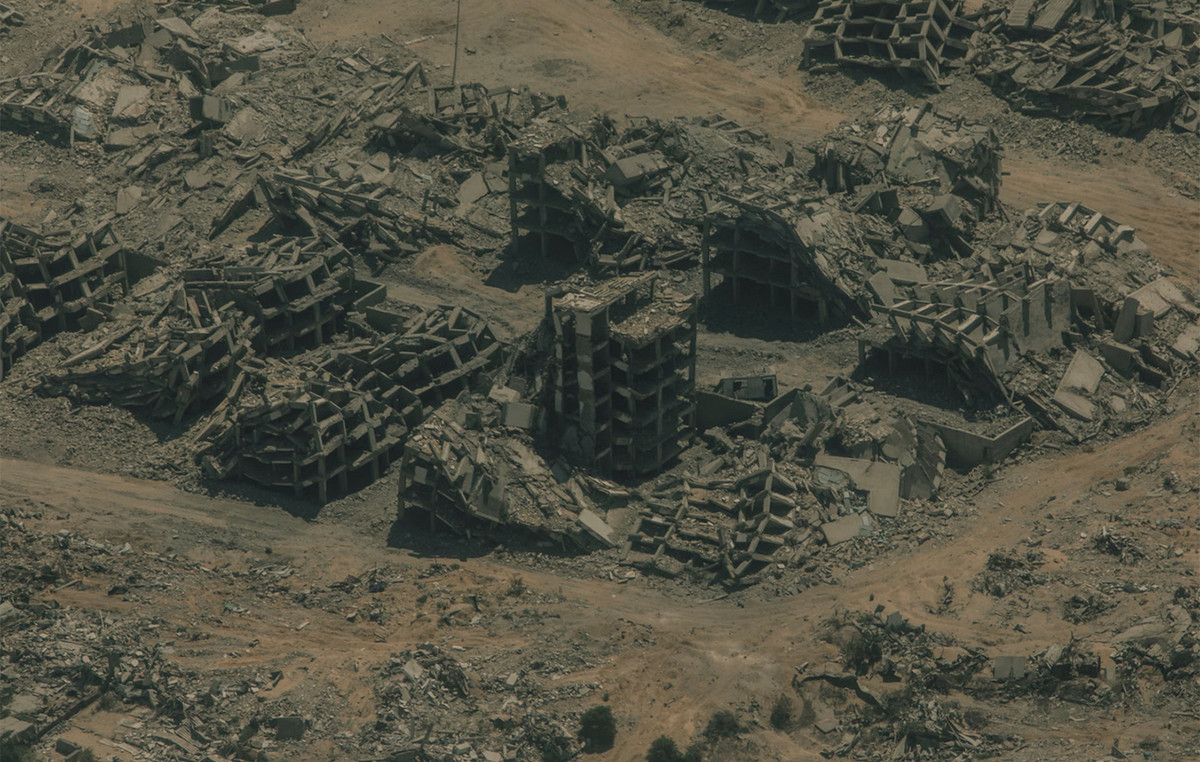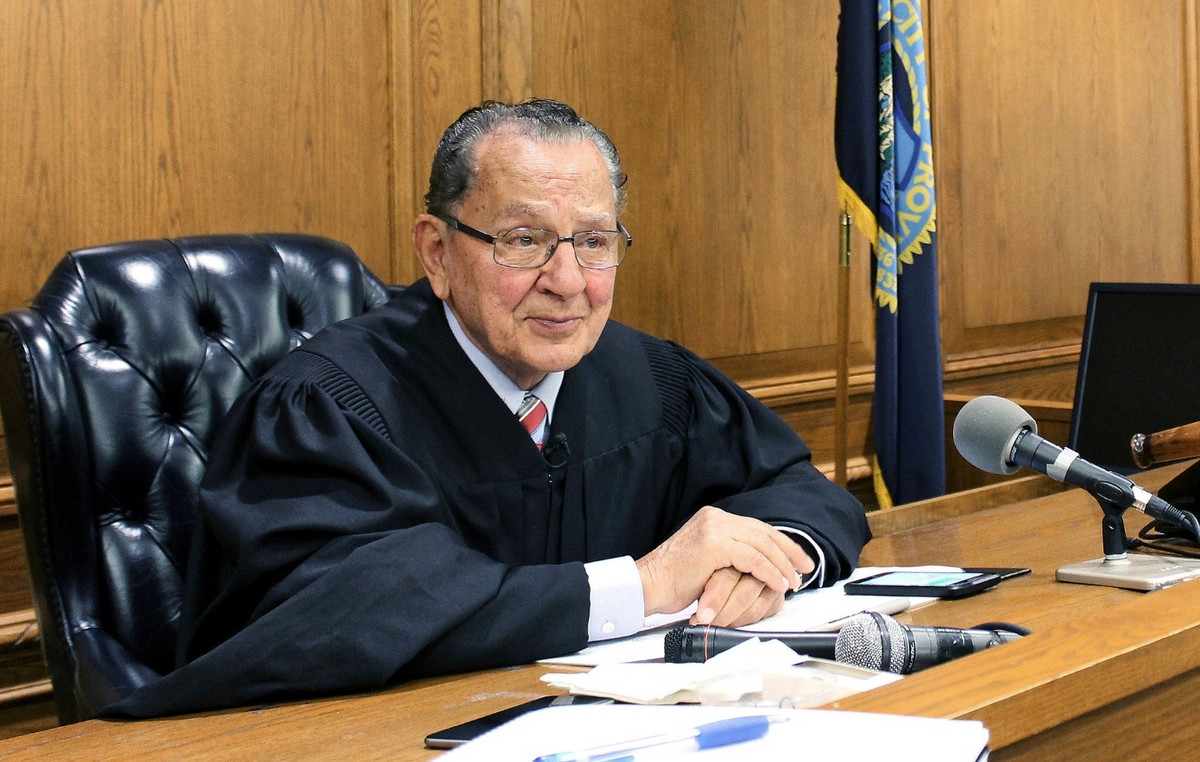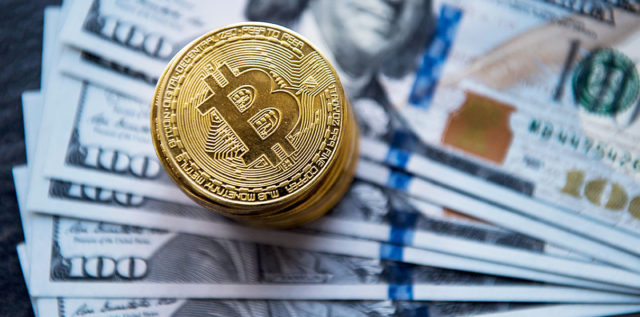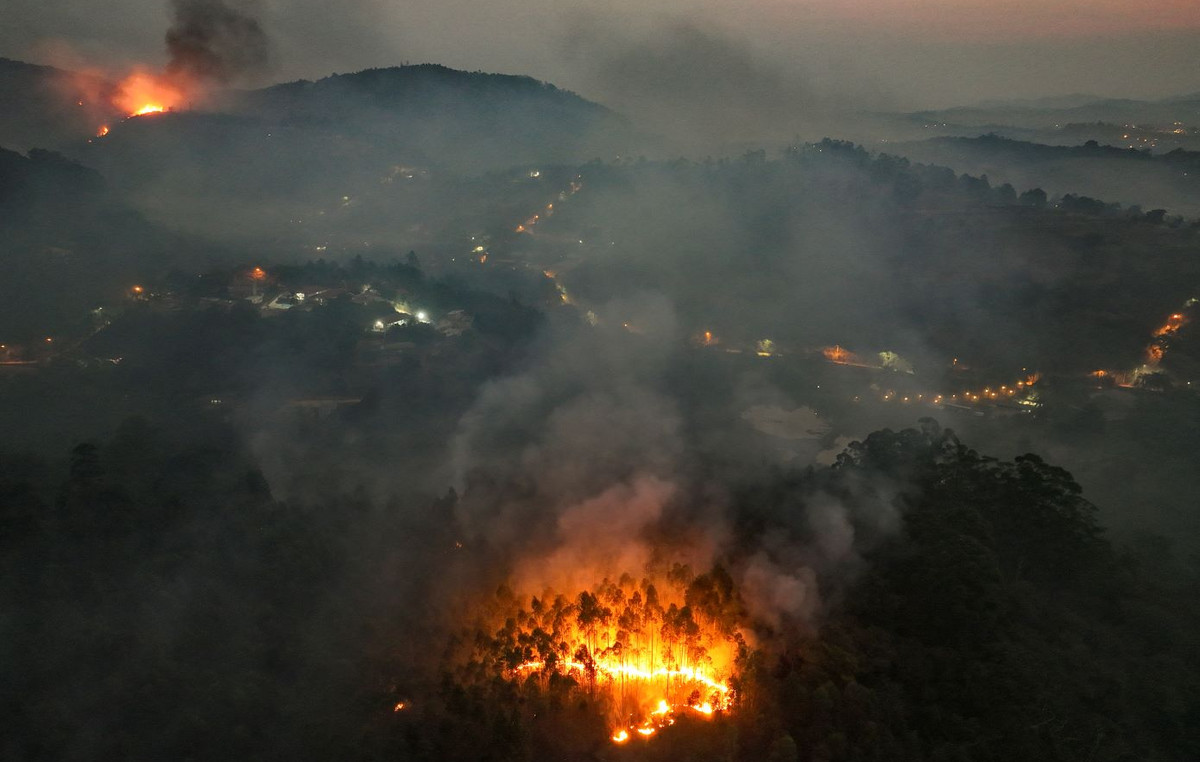Israel acted quickly after the fall of Bashar al-Assad in Syria to bomb all military assets that the country wants to keep out of rebel hands — hitting almost 500 targets, destroying the Navy and eliminating, according to Benjamin Netanyahu’s government, 90% of Syria’s known surface-to-air missiles.
But it is Israel’s capture of Syria’s highest peak, the summit of Mount Hermon, that may be among its most lasting actions — although officials have insisted its occupation is temporary.
“This is the highest place in the region, looking at Lebanon, Syria, Israel,” highlighted Efraim Inbar, director of the Jerusalem Institute for Strategy and Security (JISS).
“It is strategically extremely important. There is no substitute for mountains,” he added.
The summit of Mount Hermon is in Syria, in a demilitarized zone that separated Israeli and Syrian forces for fifty years — until last weekend, when Israeli troops took control of the area.
Until Sunday (15), the summit was demilitarized and patrolled by UN peacekeepers, its highest permanent position in the world.
Israeli Defense Minister Israel Katz has ordered the military to prepare for the harsh conditions of winter mobilization. “Due to developments in Syria, it is of immense security importance to maintain our control over the summit of Mount Hermon,” he claimed in a statement.
The Israel Defense Forces (IDF) advanced beyond the summit, to Beqaasem, about 25 kilometers from the Syrian capital, according to Voice of the Capital, a Syrian activist group. THE CNN could not independently confirm this claim.
An Israeli military spokesman denied this week that forces were “advancing toward” Damascus.
Israel captured the Golan Heights, a strategic plateau in southwestern Syria that borders Mount Hermon, in the 1967 war and has occupied it ever since.

Syria tried to retake the territory in a surprise attack in 1973 but failed, and Israel annexed it in 1981. The occupation is illegal under international law, but the United States recognized Israel’s claim to the Golan during the Trump administration.
Israel has for decades controlled some of the lower slopes of Mount Hermon, and even operates a ski resort there, but the peak has remained in Syria proper.
“We have no intention of intervening in Syria’s internal affairs,” Prime Minister Benjamin Netanyahu announced in a video days after Israel bombed hundreds of Syrian targets and seized the demilitarized zone.
“But we certainly intend to do whatever is necessary to take care of our safety,” he added.
Mount Hermon is an asset to Israel
The summit of Mount Hermon is a tremendous asset under Israel’s control. At 2,814 meters, it is higher than any point in Syria or Israel, and is second only to a peak in Lebanon.
“People sometimes say that in the age of missiles, land isn’t important — it’s simply false,” said Inbar.
In an academic article published in 2011, he wrote about the many advantages presented by Mount Hermon.
“It allows the use of electronic surveillance on Syrian territory, giving Israel early warning capabilities in the event of an imminent attack,” he wrote.
Advanced technological alternatives like aerial surveillance, he argued, were simply not comparable.
“Unlike a mountain installation, they cannot carry heavy equipment, such as large antennas, and can be taken down by anti-aircraft missiles,” he pondered.
The peak is just over 35 kilometers from Damascus, meaning control of it has put the Syrian capital within artillery range.
Syrian rebel leader accuses Israel
Syrian rebel leader Mohammad al-Jolani accused Israel of crossing “the lines of engagement” with its actions in the country, while a group of the country’s neighbors called on the country to withdraw its forces from all Syrian territories.
After meeting in Aqaba with officials from Turkey, Iraq, Egypt and the European Commission, Jordanian Deputy Prime Minister Ayman Safadi accused Israel of trying to exploit a power vacuum in the neighboring country.
Safadi warned that the country’s stability is a “pillar of security in the region” and that if Israel does not respect Syrian sovereignty, it would risk “an explosion of the situation”.
Netanyahu, meanwhile, insisted that his “hand is extended” to the new government in Syria. But in the world after the Hamas attack on October 7, 2023, he and other senior national security officials have made it clear they will not take any chances.
“Most of the time, it is a comfort to us,” retired Brigadier General Israel Ziv highlighted about Israel’s operations in Syria. “We learned what happened in other countries when you have a terrorist organization that captures military equipment,” he added.
Netanyahu says occupation in Syria is temporary
Benjamin Netanyahu also insisted that the occupation is temporary. “Israel will not allow jihadist groups to fill this vacuum and threaten Israeli communities in the Golan Heights with October 7th-style attacks,” he pointed out.
His criteria for military withdrawal from the area, he highlighted, are that a Syrian force “that is committed to the 1974 agreement can be established and security on our border can be guaranteed.”
It is unclear when this might be achieved.
Efraim Inbar, director of the Jerusalem Institute for Strategy and Security (JISS), finally assesses that the withdrawal of the Israeli military from the area “is a political decision”.
Understand the conflict in Syria
The Assad family regime was overthrown in Syria on December 8, after 50 years in power, when rebel groups took over the capital Damascus.
President Bashar al-Assad fled the country and is in Moscow after seeking asylum, according to a source in Russia. Syria’s civil war began during the Arab Spring in 2011, when Bashar al-Assad’s regime suppressed a pro uprising. -democracy.
The country was plunged into full-scale conflict when a rebel force was formed, known as the Free Syrian Army, to fight government troops.
Furthermore, the Islamic State, a terrorist group, also managed to gain a foothold in the country and came to control 70% of Syrian territory.
Fighting escalated as other regional actors and world powers — from Saudi Arabia, Iran, the United States to Russia — joined in, escalating the country’s war into what some observers described as a “proxy war.”
Russia has allied with Bashar al-Assad’s government to combat the Islamic State and rebels, while the United States has led an international coalition to repel the terrorist group.
After a ceasefire agreement in 2020, the conflict remained largely “dormant”, with minor clashes between the rebels and the Assad regime.
More than 300,000 civilians have been killed in more than a decade of war, according to the UN, and millions of people have been displaced across the region.
*Mike Schwartz and Tim Lister contributed to this report
Find out who the Syrian rebel leader is and the group that overthrew Bashar al-Assad
This content was originally published in Why Israel captured Syria’s highest mountain after Assad’s fall on the CNN Brasil website.
Source: CNN Brasil
Bruce Belcher is a seasoned author with over 5 years of experience in world news. He writes for online news websites and provides in-depth analysis on the world stock market. Bruce is known for his insightful perspectives and commitment to keeping the public informed.







